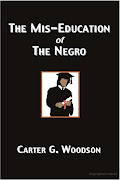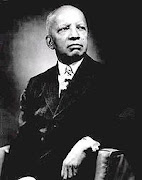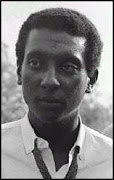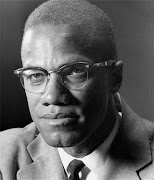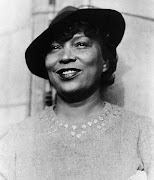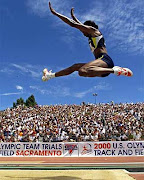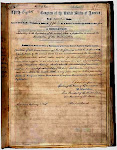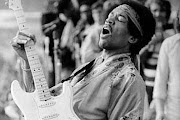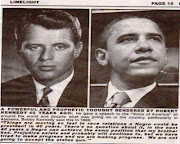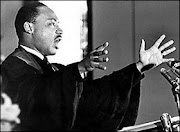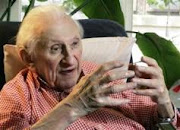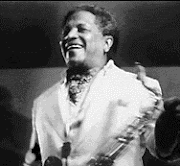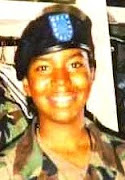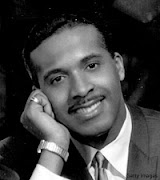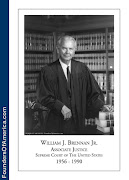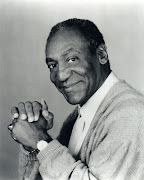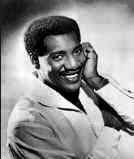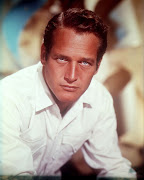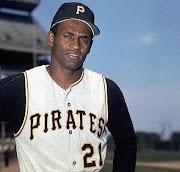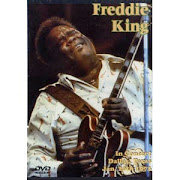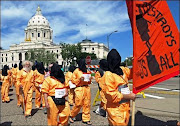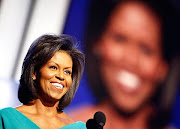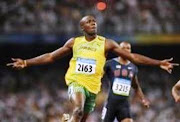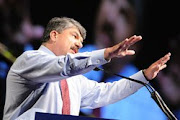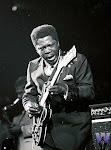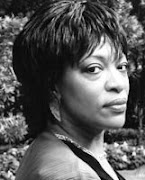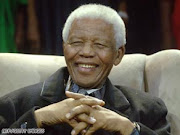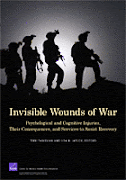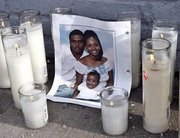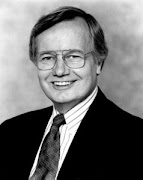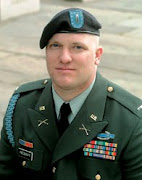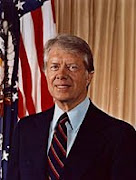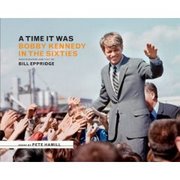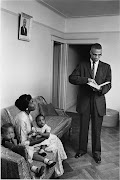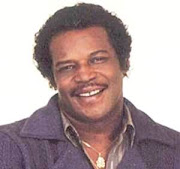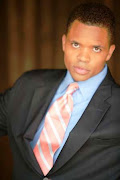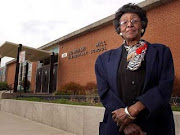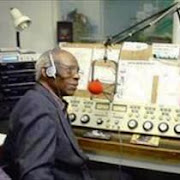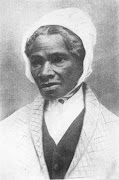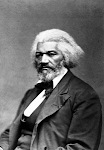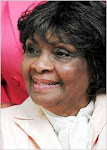 * DHS/I&A assesses that lone wolves and small terrorist cells embracing violent right-wing extremist ideology are the most dangerous domestic terrorism threat in the United States. Information from law enforcement and nongovernmental organizations indicates lone wolves and small terrorist cells have shown intent—and, in some cases, the capability—to commit violent acts.
* DHS/I&A assesses that lone wolves and small terrorist cells embracing violent right-wing extremist ideology are the most dangerous domestic terrorism threat in the United States. Information from law enforcement and nongovernmental organizations indicates lone wolves and small terrorist cells have shown intent—and, in some cases, the capability—to commit violent acts.
*DHS/I&A has concluded that white supremacist lone wolves pose the most significant domestic terrorist threat because of their low profile and autonomy—separate from any formalized group—which hampers warning efforts.
*Similarly, recent state and municipal law enforcement reporting has warned of the dangers of rightwing extremists embracing the tactics of “leaderless resistance” and of lone wolves carrying out acts of violence.
-- DHS Reprt
"Like an unchecked cancer, hate corrodes the personality and eats away its vital unity. Hate destroys a man's sense of values and his objectivity It causes him to describe the beautiful as ugly and he ugly as beautiful, and to confuse the true with the false and the false with the true."
--Martin Luther King Jr.
Yesterday, The Daddy read a number of articles that suggested the constant hate speech on talk radio and tv (especially Fox News) may be setting up an environment that makes it easier for a deranged person to kill, such as, the guy who shot Dr. Tiller to death. Then the Daddy turned on CNN briefly to hear the latest on the shooting at the holocaust museum and heard something that didn't sit well with him. They said that, as far as they could tell, the alleged shooter, James Von Brunn, "acted alone." A brotha thought "okay." But then he woke up this morning with a slightly better memory.
Let's see, he remembers:
1. Reading a report by Janet Napolitano, Homeland Security chief, about the "potential" rise of racist, anti-semitic groups in America;
2. Reading a study by the Southern Law Poverty Center, the Alabama-based civil rights law firm organization, that tracks hate groups? It identified more that 900 hate groups;
3. As if that wasn't bad enough, it then said that the numbers of such groups, and the growth in the membership in them, has been steadily growing since 2000, the main reason or motivation, as I recall, being white reaction to what the xenophobic Lou Dobbs calls "illegal aliens," in other words, our brown brothas and sistahs coming here to find work and a better life for their families just like many of our parents and parent's parents did; 4. Reading where the study said that the main hate groups are the neo-Nazis, Ku Klux Klan organizations;
5. And a brotha distinctly remembering how white hate had become high tech! The law center estimates that about 100,000 neo-Nazis participate on a white supremacist forum called Stormfront.org; and
6. Reading that, when these people perform hate crimes, they become heroes of their racist, anti-semitic movement. They applauded a real American terrorist, Timothy McVeigh, and remember him on the anniversary of the bombing of a building killing hundreds, many of them children.
So, Daddy, what is your point?
No point. Just a question: If a person commits a hate crime against a another person or people, if that person belongs, or has belonged, to one or more hate groups that spew hate speech, if he has developed a vast on-line communication network with which to communicate human speech on a regular basis, if, when he commits a hate crime, he is lauded by hate crime groups, indeed, elevated to hero or martyr status, is that person really acting alone?
The Daddy believes Von Brunn did not act alone, and this is why.
1.Radio, tv talk show hosts and pundits whip up racial hatred, anti-semitism and and wild homophobia in the environment. In between so-called news updates and advertising, the likes of radio talk-show hosts Rush Limbaugh and Michael Savage spew hot-fire, white racist, sexist, homophobic venom all over their subjects, name-calling, vilifying and raking them over the coals into a position of enemy against the "real American," whoever that is. Fox News tv talk show host Bill O'Reily does the same at night. This hate talk can easy lay a solid, if illogical, philosophical foundation for committed action based on half-truths, irrational thinking, or straight-up lies.
2. The downturn in our economy and the selection of the first black president of the United States has allowed some white Americans to state verbally what they had been thinking for years: that the United States, whom they see as belonging to white Americans, is being over-run by Jews and people of color (blacks and hispanis). Though most of Americans may not hold this belief, a sufficient number of them do to swell the ranks of white power organizations and spur on crazies in their group, or a crazy on the margins within their group, to commit violence in their name.
Indeed, Napolitano's report said this same thing. However, right-wing Republicans became so angry with the report that she apologized for parts of it. She needn't have bothered. This week's attempted attack on a holocaust museum by Von Bruun proved she was right on the money.
3. He didn't act alone, because he knows his act will be remembered. While Timothy McVeigh, Oklahoma bomber and a real American terrorist, was viewed negatively by us, he was hailed as a hero by hate groups. And each time the date of the bombing comes around each year, they remember him. Von Bunn was already something of a hero in the white movement. In 1990, he wrote a book called “Kill the Best Gentiles,” a racist and anti-Semitic rant about the destruction of the white by "hordes" of non-whites and "mongrels." He was also viewed as a hero for the 1981 attempt to take over the Federal Reserve Building, to, as he put it on his website, “put the whole Board of Governors of the Federal Reserve under citizens arrest."
No, Von Brunn did not act alone. He had the words of loud-mouths like Limbaugh, Savage and O'Reily inside him. He had the racist, sexist, and homophobic talking points of right-wing politicians and pundits like Pat Buchannan with him.
Von Brunn did not act alone because he had the experience of the Ku Klux Klan and a steadily-growing neo-Nazi movement behind him. And he had the same motivations that they have to spur him into action: the rise in the number of Hispanics, the fastest growing population in the United States, a deep recession where many jobs are moving out of his country to non-white countries like Mexico, and China, and the U.S. selection of a black man as its first president. All he needed was to pick out a site to commit a dramatic, suicidal act, to kill some people (preferably Jews), to be killed himelf, to be martyred. Then the all the previous aspects of his life as a failed husband and family man would be forgotten. He would go from a sometimes destitute hero to a permanent martyr for the white power movement. He would become another Timothy McVeigh.
No, Von Brunn did not act alone. He had resources of white hate and a sense of dark destiny with him.
 "When I am asked why a woman doesn’t leave abuser I say: Women stay because the fear of leaving is greater than the fear of staying. They will leave when the fear of staying is greater than the fear of leaving. (At least this was true for me)."
"When I am asked why a woman doesn’t leave abuser I say: Women stay because the fear of leaving is greater than the fear of staying. They will leave when the fear of staying is greater than the fear of leaving. (At least this was true for me)."





















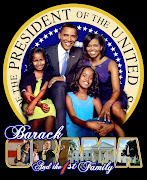
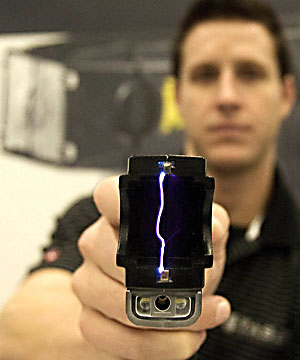

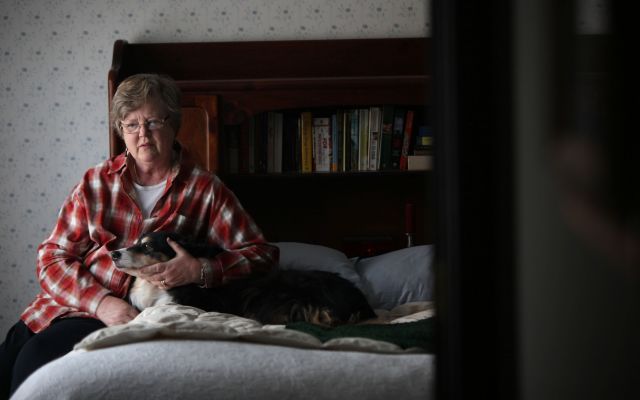
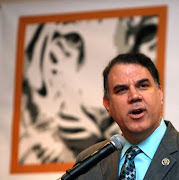
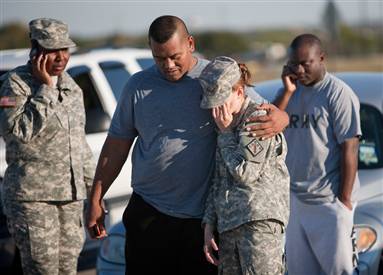
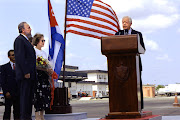
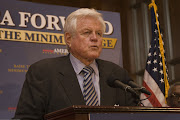
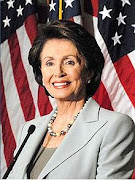

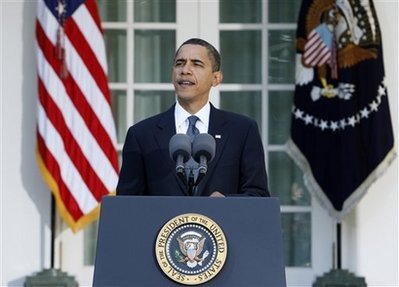



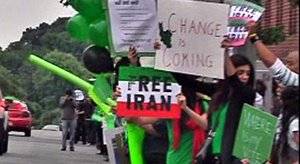

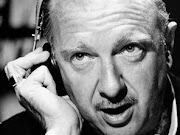
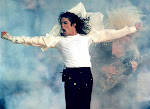
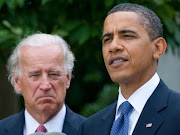
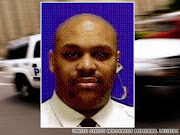
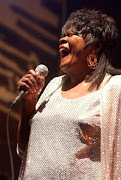
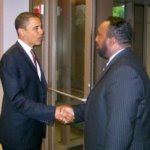

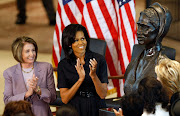
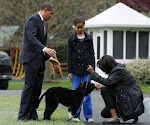
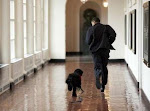
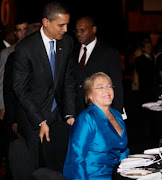


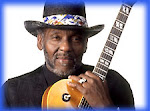
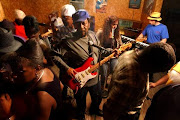

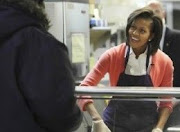

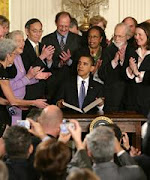
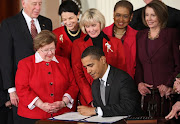


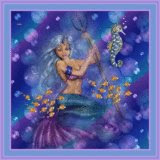

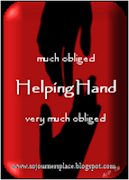
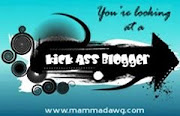
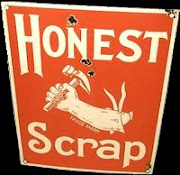





.gif)


